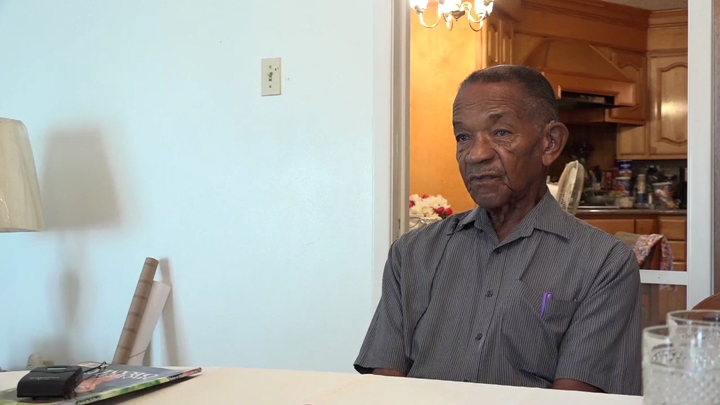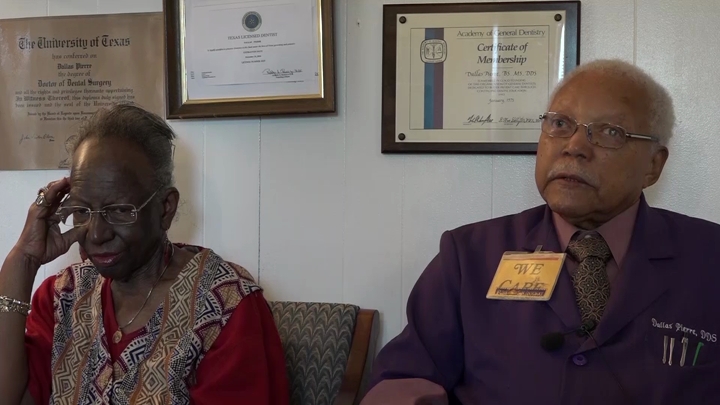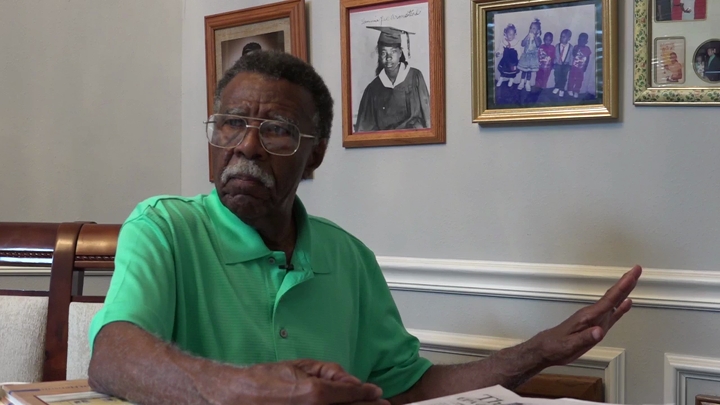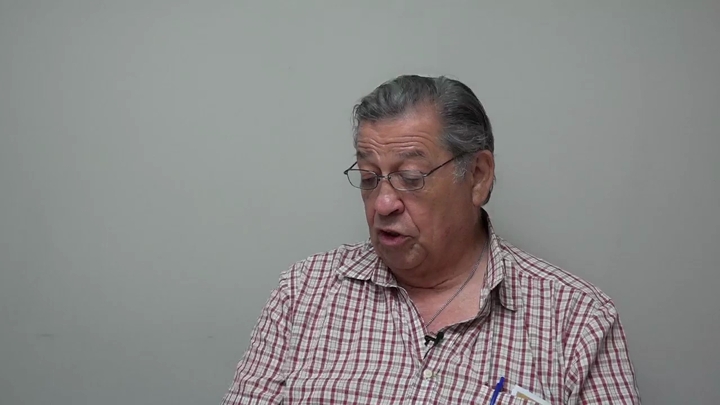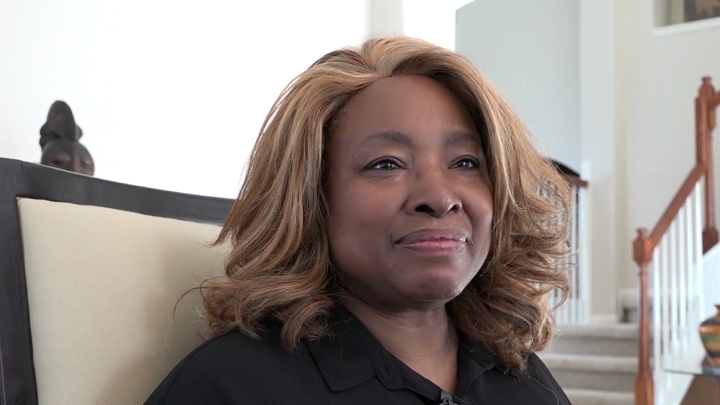Johnson / The War Effort
sign up or sign in to add/edit transcript
Interviewer: So, can you tell me a little bit more about what kind of memories you have from World War II? Any kind of rationing you had to do? Any kind of donation drives? Anything like that? Johnson: For the war? You mean locally? Interviewer: Locally, or when you were in Houston, or wherever? Johnson: No, we didn’t have any—civil rights kinds of things you mean? Interviewer: Well, no, I’m just saying for the war effort. Johnson: Oh. No. There were certain things we had to do. Lifestyle changed a bit. They set in rationing. Other kinds of things that supposedly to help the soldiers, the war effort. Had to make sacrifices. They quit making stuff for civilian use. It was as a war mode. Almost every effort, thought, was about trying to end the war. Like I said, the sacrifices that we had to make. Lot of the food was rationed. Gasoline because they were not many cars. Quite a bit of the stuff that I guess was rationed was imported. I don’t know. I remember sugar being rationed. I think the other countries where we got imports and the food line might have been affected somehow too, but I’m not sure how that was. Yeah, we had to make some sacrifices.
| Interview | Interview with James E. Johnson |
| Subjects | Historic Periods › Jim Crow Period |
| Historic Periods › 1941-1945 | |
| Military › World War II | |
| Military › Home Front | |
| Tags | sign up or sign in to add/edit tags |
| Interview date | 2015-07-21 |
| Interview source | CRBB Summer 2015 |
| Interviewees | Johnson, James E. |
| Interviewers | Acuña-Gurrola, Moisés |
| Bynum, Katherine | |
| Duration | 00:02:09 |
| Citation | "The War Effort ," from James E. Johnson oral history interview with Moisés Acuña-Gurrola and Katherine Bynum, July 21, 2015, Prairie View, TX , Civil Rights in Black and Brown Interview Database, https://crbb.tcu.edu/clips/698/the-war-effort, accessed February 26, 2026 |


